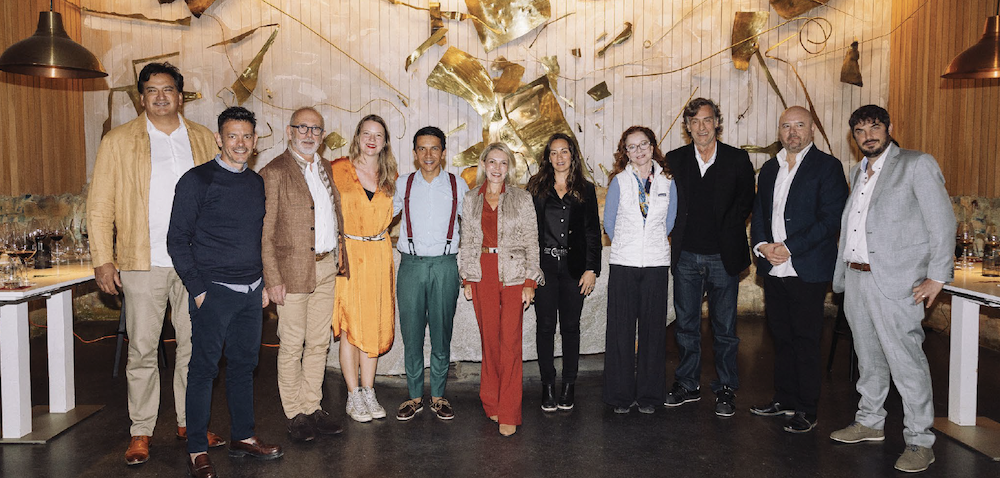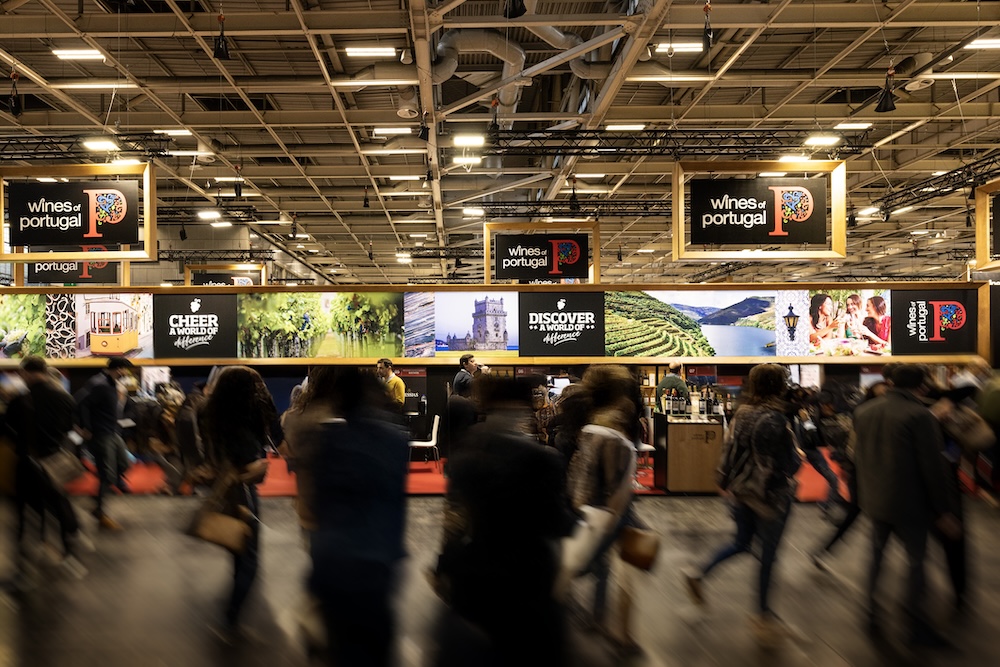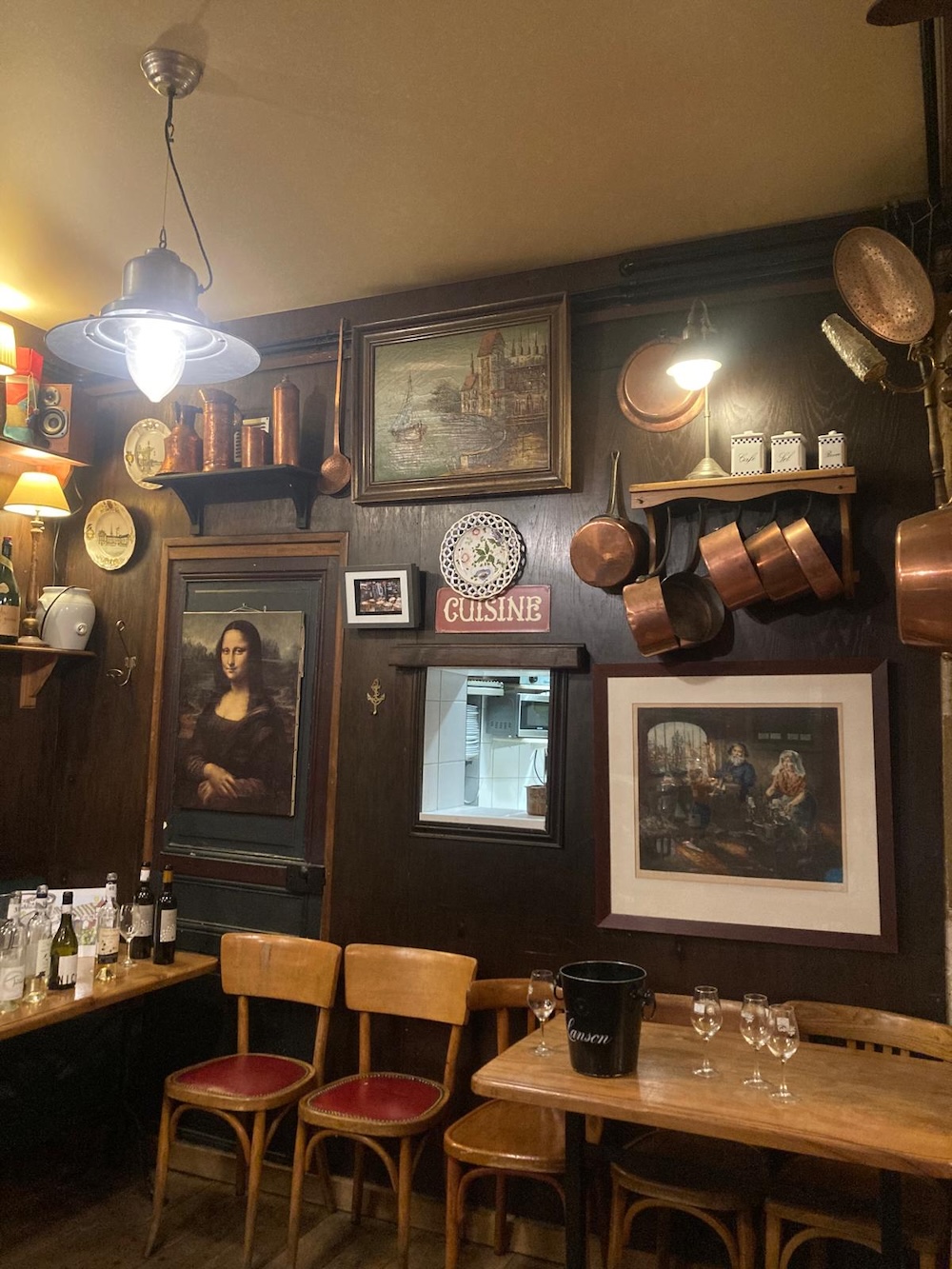
Discovery

Discovery
By By Santiago Jiménez -Photographs: Courtesy of the estates, posted on 15 July 2024
When we talk about Portugal and its wines, we have all heard, to a greater or lesser degree, about the historical wines of Porto, the Douro’s potent pours, the highly regarded Madeira and ‘Vinho Verde’ and its connoisseurs. However, there is much more to Portugal’s wine scene than these seminal regions, and wine enthusiasts have an undeniable soft spot for them.
Portugal is the world’s sixth largest wine producer, and despite its size, it can legitimately lay claim to being home to one of its greatest ranges of wines. The coast and mountains have a strong influence on the style of wines produced in the country and, with the exception of high mountains where vines cannot survive the climate, numerous cultivars have ‘invaded’ the rest of the country, from North to South.
Here, we present four wineries in regions that will not be that familiar to wine lovers, but are interesting in many respects.

Fernando van Zeller, the owner Barao Vilar
Set within the Peninsula of Setubal Designation of Origin, this winery is around 50 km South of Lisbon and South of the Tagus estuary.
At Barao del Vilar, the team is committed to creating high-value products. Motivated, skilled and innovative, its mission is to create wines that meet customer expectations at a competitive price, while safeguarding the highest standards of quality and food safety. Its ultimate motive is to establish a relationship based on trust and loyalty.
The name of the company harks back to the noble title conferred in 1836 by the Queen of Portugal Mary II on Cristiano Nicolau Kopke, the first Baron of Vilar. The heirs of the family are still legally entitled to the title, through inheritance.
Here the wines are made from one of the most well-known Portuguese varieties, Touriga Nacional, but other grape varieties like Touriga Franca, Tinta Roriz and Tinta Barroca are also used. These varieties, coupled with local weather patterns, which are strongly influenced by the Atlantic, form the backbone of its structured, fruity and balanced wines.
The company’s commitment to sustainability is very important. Production processes and the quality of the products are continuously monitored in order to maximise efficiency in all areas.

Using horse-drawn implements and ancient techniques to farm organicallly at Barao Vilar
This company was created at the end of the 20th century, in 1998 to be precise. Its vineyards extend over 250 hectares, all of which are owned by the company, and are sustainably farmed and certified.
Its vineyards are eligible for the Lisbon Designation of Origin. In fact, all the land under vine is near the Portuguese capital, surrounding the main winery about 70 km North-West of Lisbon and the Tagus River, which appears once again near the winery.
Like the winery mentioned above, Atlantic winds exert a strong influence on the growth of the grapes produced here, together with a continental climate which, with the breezes rising off the ocean and the abundant hours of sunlight, facilitates slow ripening of the grapes in the summer months. Different kinds of soil found on the 250 hectares of land are also reflected in the variety of wines made by DFJ Vinhos.
José Neiva Correia is the owner and winemaker. He comes from a family with a tradition of winemaking. In fact, he was born at ‘Quinta de Porto Franco’, a winery owned by his family since the 19th century and now owned by DFJ Wines. The time-honoured property is the epicentre of the company’s winemaking facilities. Here, it makes wines from grapes sourced from around 80 - 250 hectares in total, producing approximately 3 million litres of wine.
Currently, the company exports 99% of the eight million or so bottles produced annually to over 50 countries. It produces white, rosé and red wines, all of which are produced from 20 different national and international varieties of grapes.
One interesting feature at the winery is the re-use of barrels. It only uses French barrels, made from Allier oak, which it restores in its own cooperage. On the one hand, this enables the company to use them more often than is routinely the case in the industry, and on the other, it enables José Neiva Correia to select barrels for each grape variety he works with.
If we consider the Tagus as the dividing line between northern and southern Portugal, the last winery would be considered ‘North of the Tagus’, and the next winery as ‘South of the Tagus’.
José Neiva Correia, the owner of DFJ Vinhos, in the barrel room
José Neiva Correia, the owner of DFJ Vinhos, in his vineyard
Located about 100 km from the Portuguese capital, this winery comes under the Tejo (Tagus) Designation of Origin, within the Lisbon region.
Falua is a young winery established in the 1990s (1994) and has its headquarters in the town of Almeirim, where the modern winery is located. In addition to the 70 hectares it owns, there are another 200 hectares belonging to farmers from whom it buys under contract. The result is a significant volume of wine produced and an array of major brands, such as Conde Vimioso, Falua, Monte da Serra, Nazaré North Canyon, Tagus Creek and Tercius.
In 2017, the winery - a key producer in the Tagus region - was purchased by the Roullier Group. The acquisition allowed the group to enter the wine business via a company with a track record in the national and international market. It is now on course to grow in the different markets where it currently has a foothold and to release wines in others.
In 2019, its turnover totalled over 7 million euros and it exported 60% of its wines to over 20 countries across the world. Its main markets are Poland, the United Kingdom, Brazil, Switzerland, China and Colombia. The Roullier Group does business in over 131 countries, which intimates at its ability to build its wine business in the not-too-distant-future.
The vineyards are located to the ‘North’ of the Tagus River. There is one in particular that stands out: the iconic Convento da Serra vineyard. Planted in 1996, the vineyard is planted on pebbly soils.
Falua wines are viewed by consumers as boasting character and quality. The blend of native varietals and international grapes, many of which are used by the majority of wineries in the area, produces wines that have articulate sense of place and offer an enjoyable drinking experience.

Antonina Barbosa, the new, flamboyant director of winemaking at Falua

The barrel room at Falua in th modern nave designed for ageing th wines
To the South-East of Lisbon, a little further away than the wineries mentioned above (180 km approximately), is this Portuguese winery whose wines are labelled under the Alentejo Designation of Origin.
The influence of the Atlantic on this winery is perhaps more moderate, as the microclimate gives its wines distinctive character. It has 40 hectares of its own vineyards, 20 of which are planted to very young vines.
The project started as a personal interest for sharing with friends but over the years it has become what it is today - a life’s project.
In 1940, José João decided to produce wine in the Vidigueira region, converting the passion of his youth into reality. He planted climbing white grapes and, at the beginning of the 1950s, he made his first wines, now called Morais Rocha.
In 1990, he decided to plant red grapes and made changes to his vineyard management techniques. The mule and cart were, at that time, part of the day-to-day life of the winery.
In 2004, his son joined the company and started developing the brand that we know today. He built the winery close to the birthplace of the entire project - the vineyards – along similar lines to a French chateau and planted a few hectares of Touriga Nacional, Alicante Bouschet and Arinto, among other varieties.
Outstanding soils, mild temperatures and above-average rainfall (for Portugal) make this an excellent area for winegrowing, producing wines with greater minerality than elsewhere. Known as the Vidigueira, it enjoys a reputation as a top region for Alentejo white wines.
One thing for sure is that the quality of the product does not end simply with production and sale. Everything leaving the wineries is packaged appropriately to guarantee that the wines do not undergo changes, either through differences in temperature or other issues which may hinder or damage the development of the wine in the bottle. In this way, they ensure that their wines reach the end consumer in perfect condition.

The gateway to Morais Rocha
Morais Rocha's vineyards

Discovery

Discovery

Discovery